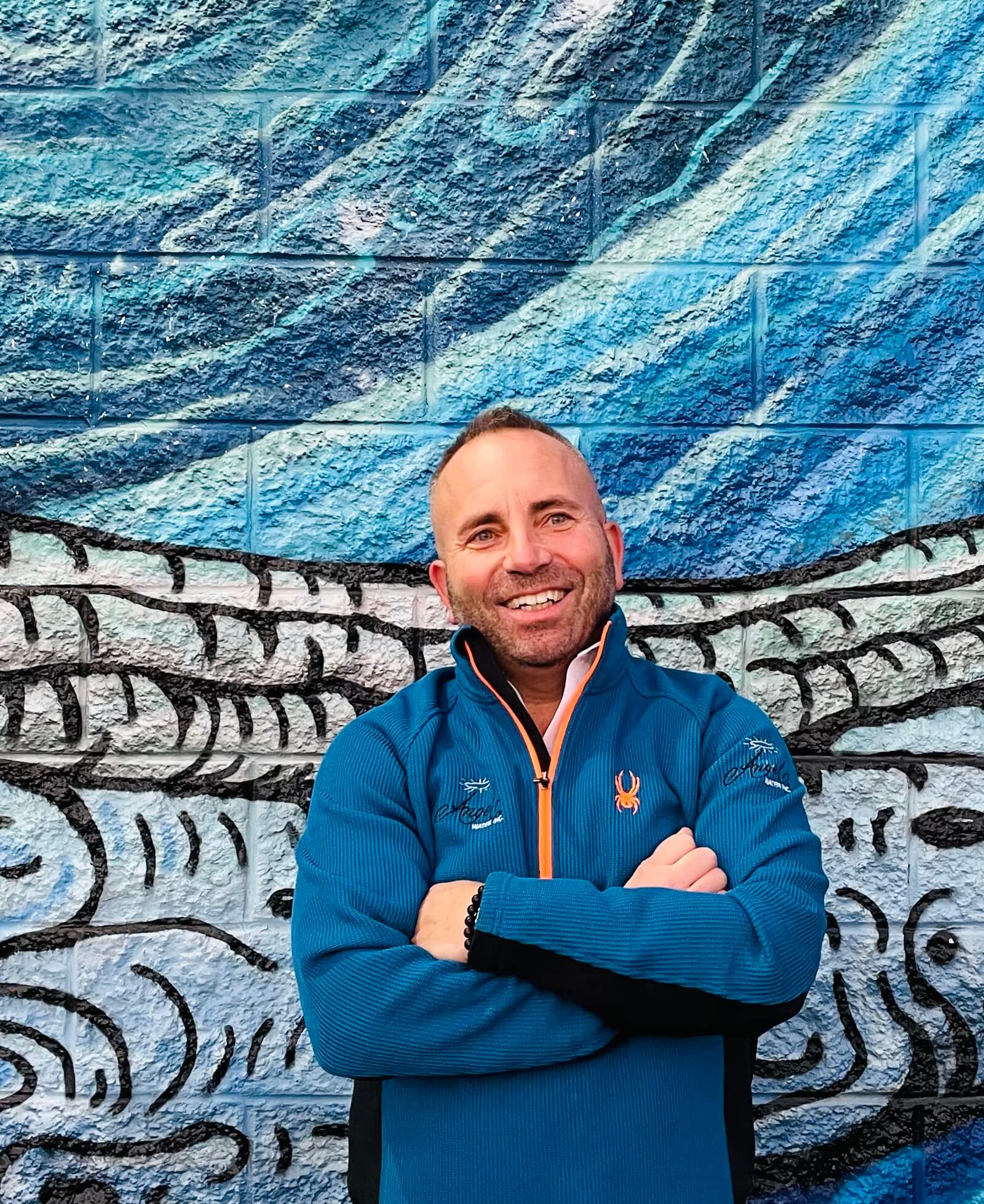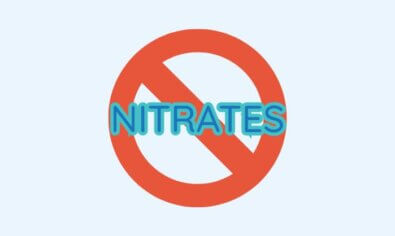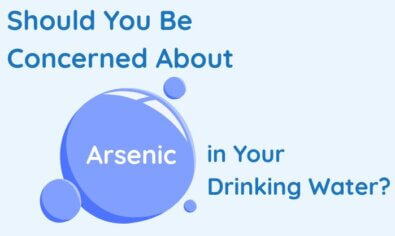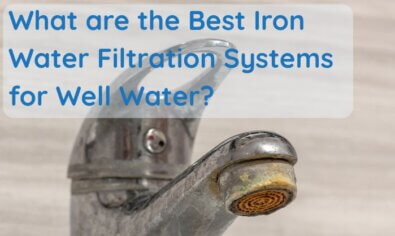Boil Water Notices: What West Palm Beach Residents Need to Know
In this blog, you’ll learn:
• A boil water notice is an advisory issued by the government to stop you from ingesting contaminated water.
• Boil water notices can happen for many reasons, including power outages.
• Boil water notices in West Palm Beach are common due to its location and severe weather conditions.
• You can stay safe by boiling the water, drinking bottled water and investing in a water filtration system.
• Blue and green algae in the area might prevent you from using the water altogether.
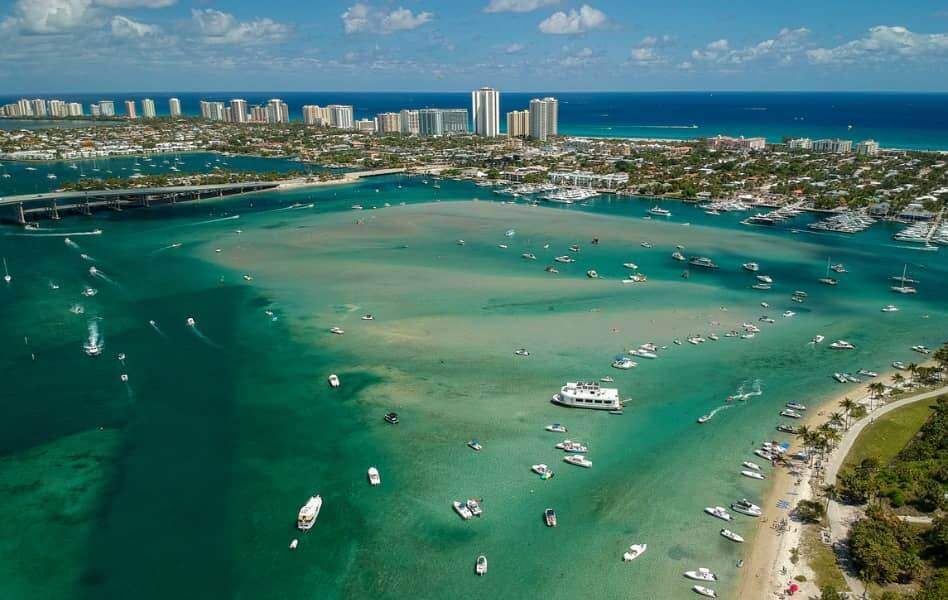
In this blog, we’ll see what role Florida’s location plays in these frequent boil water notices. Natural disasters, like hurricanes, are a leading cause. You’ll also learn how you can stay safe and still access water when one of these notices is in place. Keep reading to learn more about what boil water notices are, and more reasons officials might issue them in Florida.
What is a Boil Water Notice?
If there’s a boil water notice near you, it’s important you understand what they are. The state or local government issues boil water notices when it believes the area’s water is contaminated. All water you plan on ingesting or using on surfaces should be boiled when one of these advisories is in place.
It’s important to follow these orders when the government issues them because they could prove dangerous to vulnerable populations like infants and the elderly. According to the Environmental Protection Agency (EPA), all these determinates warrant a boil water notice:
- There’s E-Coli in the water
- Surface water doesn’t get the treatment it needs to be deemed healthy
- The water pressure gets too low
- Government officials suspect the water’s contaminated
- The surface water floods the drinking water system
If any of these circumstances prove to be true, then you should only drink bottled or boiled water.
Now that you understand what a boil water notice is, it’s time to discuss why they’re so common in West Palm Beach, Palm Beach Gardens and Boca Raton, FL.

Why are Boil Water Notices Common in Florida?
There are several reasons why officials might put a boil order in place. Some reasons include power outages, sewage leaks, pressure loss and water main breaks. Yet, when discussing boil water notices in West Palm Beach, we’d be remiss if we didn’t discuss the role of natural disasters.
Things like power outages and water main breaks are likely to occur during natural disasters. Being that Florida is prone to severe weather and natural disasters like hurricanes, it’s not abnormal for officials to enforce these notices throughout the region.
So, what can you do about it? Unfortunately, anything shy of updating entire water systems might be ineffective. The government must invest in making these systems stronger so they can withstand anything that comes their way. Until then, you can expect boil water advisories in West Palm Beach and beyond.
You might be asking yourself, “Do I have to boil water every time I want to use it in Florida?” Not necessarily. Read more about when to use boiled or bottled water and when it’s safe to get water from the tap.
When Should You Use Boil or Bottled Water?
You should use boiled water in West Palm Beach if you plan on ingesting it or using it on any surface. Instances that require the use of boiled or bottled water include:
Illinois Water Utilities have been reporting some gross contaminants!
Check out the concerning contamination that has been reported by public water utilities in Illinois!
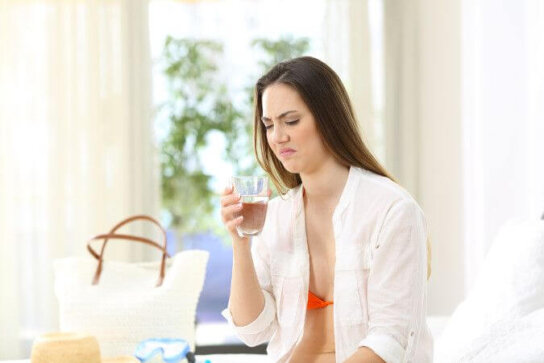
- Brushing your teeth
- Washing fruits and vegetables
- Preparing food
- Drinking (even for pets)
- Cleaning dishware
- Brewing coffee, tea, etc.
If there’s a situation where you can ingest water, it’s better not to drink it from the tap. Instead, make sure you only consume bottled or boiled water.
Want safe water news sent right to your inbox?
Sign up for our free email newsletter today
When Is It Okay to Use Tap Water?
There are instances where it’s safe to use unboiled water during one of these advisories. You can shower or bathe with unboiled water but be sure not to swallow any of it. According to the CDC, you can wash your hands with this water if you use plenty of soap and take your time doing so. It should be noted that if you’re bathing an infant or the elderly, a sponge bath might be the best bet. This way, there’s little chance they’ll swallow any of it.
It’s also safe to use this water when washing clothes, blankets or furniture.
What are “Do Not Use Notifications?”
“Do not use notifications” are different from boil water notices. These advisories warn against using the public water supply at all. These types of notifications are issued in Florida with areas that have blooming blue and green algae. Ingesting or coming into contact with blooming blue and green algae is incredibly harmful to humans and animals. Unfortunately, not even boiling this water makes it safe. So, you should not boil the water or use it at all during a blue and green algae notice.
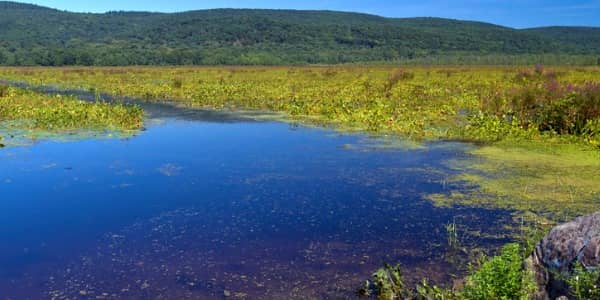
So, What Are the Solutions?
As previously stated, the best thing to do is boil your water or use bottled water when one of these advisories is in place. However, getting a reverse osmosis system isn’t a bad idea, either.
Reverse osmosis systems can’t remove contaminants that determine whether the water needs to be boiled. However, they can remove many bacteria and other things that lower your water’s quality. So, consider getting one of these systems, on top of boiling your water, to get the purest water available. Just be sure to change the membrane and filters or get your RO system serviced by a professional right after you use it during a boil order.
Follow These Boil Order Best Practices to Stay Safe
Hopefully, you know what to do if there’s a boil water notice near you today. If one of these orders is in place, you must boil your water or use bottled water to stay safe from contaminants. Taking these steps will ensure you remain healthy and protect more vulnerable populations from harm.
Interested in a Water Softener System for Your Home?
You don’t have to live with a dry, itchy scalp and brittle hair anymore! It would be our pleasure to help you find the right water softener to make your showers enjoyable again.
Please give us a call at (847) 382-7800 or visit our water softener page to learn more.
